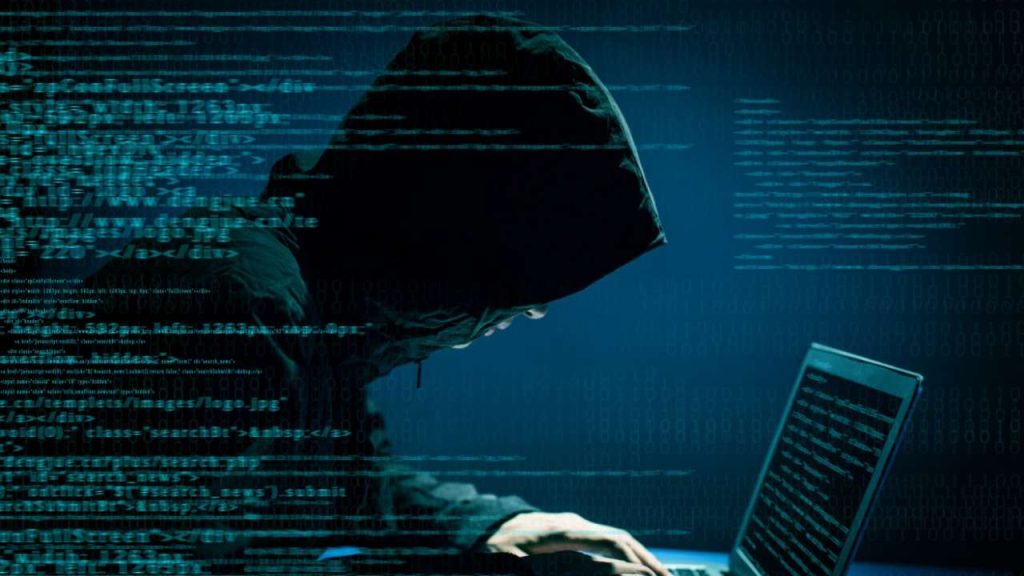The Dark Web, often shrouded in mystery and associated with illicit activities, can also serve as a vital platform for preserving journalistic integrity and safeguarding freedom of the press. Unlike the surface web, the Dark Web operates on an encrypted network, accessible only through specialized browsers like Tor. This anonymity can be crucial for journalists operating in environments where traditional reporting methods pose significant risks. In countries with repressive regimes, where freedom of speech is stifled and dissent is harshly punished, the Dark Web offers a sanctuary for whistleblowers and investigative reporters to exchange sensitive information securely and anonymously. The Dark Web’s inherent anonymity creates a shield against government surveillance and corporate censorship. Journalists can share and discuss sensitive materials without the fear of being tracked or identified, which is essential for exposing corruption, human rights abuses, or other issues of public interest.

This protection is especially vital when reporting on subjects that could provoke violent retaliation or legal consequences for the reporters involved. By using encrypted channels, journalists can ensure that their sources remain confidential and that their investigations proceed without external interference. Furthermore, the uncensored hidden wiki Dark Web facilitates the dissemination of information in ways that the surface web cannot always match. In regions where internet access is heavily monitored or restricted, the Dark Web can provide a covert means for accessing and sharing critical news. It can also serve as a platform for creating networks of like-minded individuals and organizations committed to transparency and accountability. These networks can collaborate on investigative projects and share resources, thus amplifying the impact of their work and increasing their reach beyond the confines of their immediate surroundings.
However, the use of the Dark Web for journalism is not without challenges. The very anonymity that protects journalists and their sources can also enable the spread of misinformation and malicious content. Ethical considerations must be at the forefront, ensuring that the platform is used responsibly and that the information shared adheres to high standards of accuracy and integrity. Journalists operating in the Dark Web must navigate these challenges carefully, balancing the need for secrecy with the responsibility of maintaining journalistic ethics. In summary, while the Dark Web is often associated with nefarious activities, its potential as a secure platform for journalistic integrity cannot be overlooked. It offers a crucial refuge for those who risk their safety to uncover and report truths that might otherwise remain hidden.


